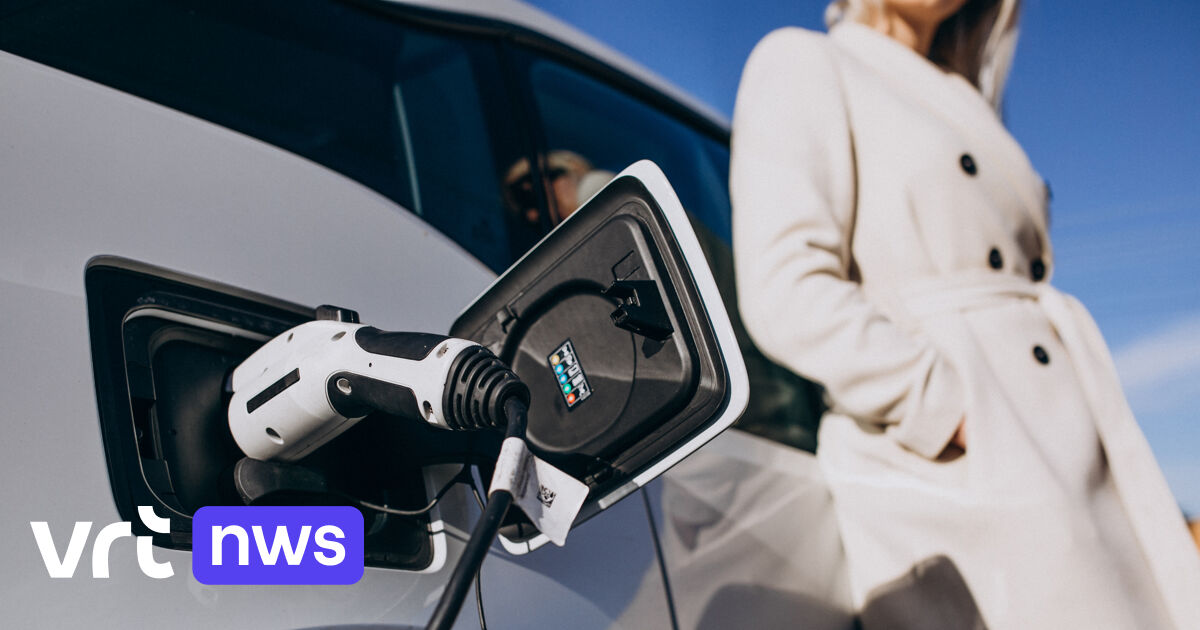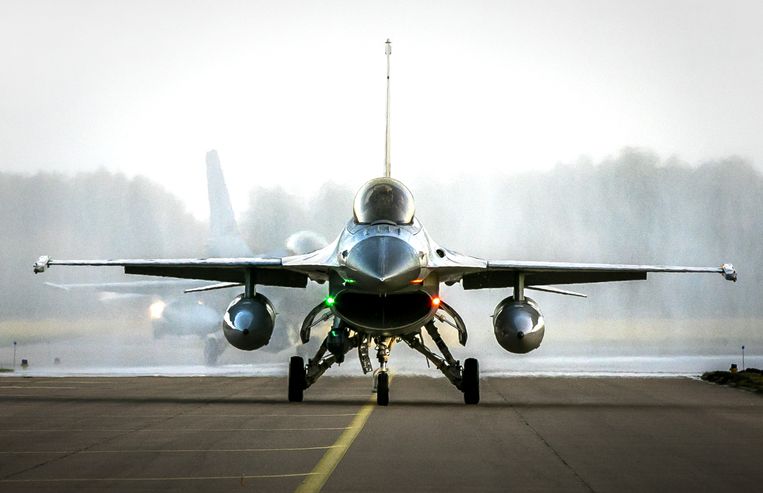The arrival of long-range missiles on the eve of the Ukrainian attack is an indication that there are hardly any taboos regarding weapons deliveries. The same goes for the F-16 fighter jets.
Ukraine had been asking them in vain for months, but this week they suddenly arrived: Storm Shadow’s long-range missiles, which have a range of about 250 kilometers, reach much further than the US Himar missiles, and are ideally suited for targeting. Russian command centers and offensive logistical centers. Including the Black Sea Fleet in Sevastopol, which is used to harass Ukraine.
The missiles, provided by Britain, are a crucial component of Ukraine’s desire to retake its territory from invading Russian forces this year. Their arrival – London has not disclosed how many Storm Shadow missiles are being sent, but there are ample stockpiles of them in Europe – important for several reasons – also for the next step: sending in F-16 fighters.
Enough signals
It’s only a matter of time, say insiders, that this will happen despite American reluctance. Dutch Prime Minister Mark Rutte’s statement during Zelensky’s visit to The Hague that “the work is in progress” was the clearest public expression of this yet.
But there are many other signs. With the arrival of the Storm Shadow missiles, one of the last barriers to Western arms supplies to Ukraine has been broken. The way this happens is interesting. So far, the Biden government has not wanted to supply ATACMS missiles (which have a slightly longer range), but Britain has, as Prime Minister Sunak already announced three months ago.
Defense Secretary Ben Wallace said in the House of Commons on Thursday that the US supports the British “in a big way”, and that Storm Shadow missiles are more effective than ATACMS systems because they can also attack underground targets. Wallace blames the time-consuming delivery process on hurdles that had to be overcome: The missiles had to be fit to be launched from Ukrainian MiG fighters.
The difference with F-16s
Similar considerations apply to the F-16. There is also more than enough available in Europe, but the essential difference is that US (contractual) permission is required for both deliveries to Ukraine and for pilot training. Inside the Biden administration, the National Security Council, led by Jake Sullivan, has been on the brakes for months.
But a combination of political and military factors is increasing the pressure to give the green light to the F-16. First, there is the military imperative: Ukraine is rapidly running out of its Soviet-era Buk, S300 and SAM anti-aircraft missiles, which have kept Russia’s larger and more modern (still nearly intact) air force at bay.
The American and European allies are doing everything they can to fill this gap, sometimes showing that they are as inventive as the Ukrainians. One such example was making the US Sea Sparrow missiles suitable for being launched by Buk launchers – an invention the Americans christened FrankenSAM.
But the fear is that such solutions will not be enough. “Ukrainian Migs are running out of steam, despite recent Polish and Slovak deliveries,” says Frans Osinga (University of Leiden), war studies professor. He says the modern F-16s will make Ukraine better able to defend itself against Russian missile attacks and keep the Russian air fleet at bay. “Then you are at least qualitatively equal to the Russians.”
political will
In addition to military necessity, there is also political will in a surprisingly large number of European countries. Here, too, the United Kingdom plays a leading role, along with countries such as Denmark and the Netherlands, but French President Macron also did not previously rule out the delivery of combat aircraft. The advantage of the F-16 is that a sufficient number of them are available and will be available in Europe, and logistical support can be arranged. Professor Osinga, a former fighter pilot himself, is convinced that experienced Ukrainian pilots can be trained to fly in three months.
The main blockade in terms of Western warplanes seems to be in the United States. But as the military need to deliver it grows and European allies prepare to shoulder the brunt, pressure is mounting on skeptics in Washington (including Congress and the Biden administration itself) to authorize the delivery.
escalation
The argument that this would be an unacceptable escalation for Russia has been disputed for months by credible Western military experts. British Foreign Secretary Wallace described sending long-range missiles on Thursday as a “calculated and proportionate response” to Russia’s invasion and repeated attacks on Ukrainian civilian targets.
The NATO summit in Vilnius, which will take place in two months, may be the moment when – with the usual delay – the F-16s are put on the table. Ukraine, backed by Central European allies, is pressing hard to get more commitments there on NATO membership. But this is a contentious issue within the alliance, especially as long as the war continues. A breakthrough in the F-16s could help ease that bitter pill for Ukraine.

“Creator. Award-winning problem solver. Music evangelist. Incurable introvert.”







More Stories
Arcona 460 sinks after rudder failure in the Pacific Ocean
C9 meets again on the role of women in the church
A recipe you've probably never made before: a very authentic rice dish